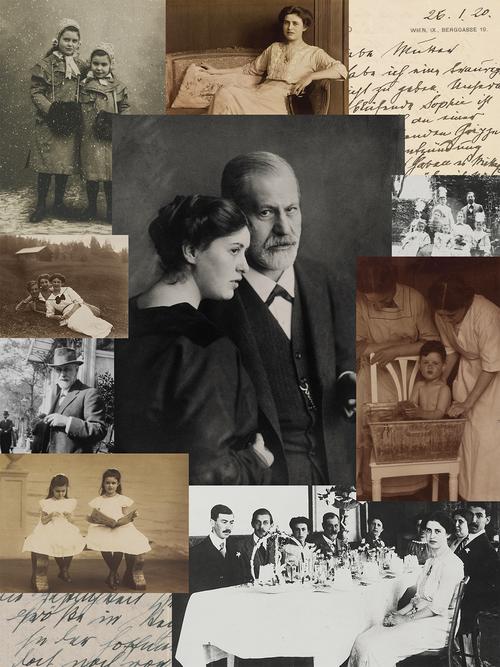
Fort-da: a Text Marked by Tragedy
Freud’s analysis of the compulsion to repeat led him to recount a game played by a boy of 18 months. He was able to observe the boy ‘over a period of time’ as he ‘lived under the same roof’ as the child and its parents. This ‘good little boy’ would take a wooden reel attached to a piece of string and throw it over the edge of his ‘curtained cot’ whilst exclaiming ‘o-o-o-o’. He would then pull the reel in, accompanying its reappearance with the exclamation ‘da’.
Freud suggested that the exclamation ‘o-o-o-o’ stood for the German word ‘fort’ meaning ‘gone’, whilst ‘da’ was recognisable as the German word for ‘there’. The boy’s game represented the absence and reappearance of his mother. By staging the traumatic event of the mother’s absence, followed by the jubilance experienced on her return, this ‘compulsion to repeat’ was in fact the child’s attempt to gain mastery over the situation.
The mother that Freud refers to in this scene was his own daughter Sophie, who had died in 1920 whilst he was working on Beyond the Pleasure Principle. Perhaps Freud’s completion of the text can be seen as his own attempt to gain a ‘sense of mastery’ over the traumatic experience of losing his beloved daughter during the pandemic.